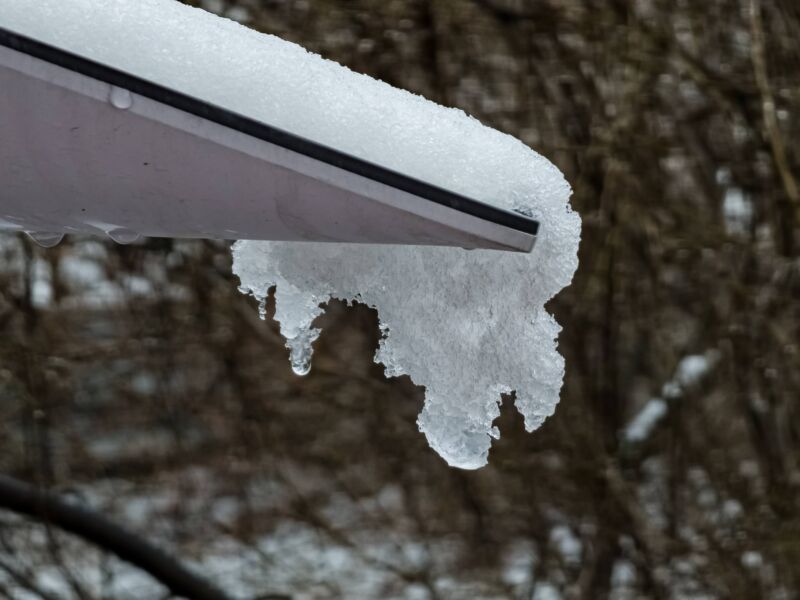Starlink mobile plans hit snag as FCC dismisses SpaceX spectrum application

Enlarge / A Starlink user terminal during winter.
Getty Images | AntaresNS
Starlink’s mobile ambitions were dealt at least a temporary blow yesterday when the Federal Communications Commission dismissed SpaceX’s application to use several spectrum bands for mobile service.
SpaceX is seeking approval to use up to 7,500 second-generation Starlink satellites with spectrum in the 1.6 GHz, 2 GHz, and 2.4 GHz bands. SpaceX could still end up getting what it wants but will have to go through new rulemaking processes in which the FCC will evaluate whether the spectrum bands can handle the system without affecting existing users.
The FCC Space Bureau’s ruling dismissed the SpaceX application yesterday as “unacceptable for filing.” The application was filed over a year ago.
The FCC said the SpaceX requests “do not substantially comply with Commission requirements established in rulemaking proceedings which determined that the 1.6/2.4 GHz and 2 GHz bands are not available for additional MSS [mobile-satellite service] applications.”
But the FCC yesterday also issued two public notices seeking comment on SpaceX petitions to revise the commission’s spectrum-sharing rules for the bands. Dish Network and Globalstar oppose the SpaceX requests, and SpaceX will have to prove to the FCC that its plan won’t cause harmful interference to other systems.
T-Mobile deal still on, but SpaceX wants more capacity
The FCC order won’t stop SpaceX’s partnership with T-Mobile, which uses T-Mobile’s licensed spectrum in the 1.9 GHz band. In January, Starlink demonstrated the first text messages sent between T-Mobile phones via one of Starlink’s low-Earth orbit satellites. Texting service for T-Mobile users is expected sometime during 2024 with voice and data service beginning later.
But SpaceX wants to use more spectrum bands to increase capacity in the US and elsewhere. Space has Starlink partnerships with several carriers outside the US.
SpaceX filed its application in February 2023. “Granting this application will enable SpaceX to augment its MSS capabilities and leverage its next-generation satellite constellation to provide increased capacity, reduced latency, and broader service coverage for mobile users across the United States and the world, including those users underserved or unserved by existing networks,” the application said.
Dish Network owner EchoStar is angry that the FCC is still entertaining SpaceX’s request for the 2 GHz band. “The FCC should immediately dismiss SpaceX’s petition for rulemaking without seeking comment, because the mere action of seeking comment would provide it with undeserved credibility and threaten the certainty that has allowed EchoStar to innovate in this band leading to significant public interest benefits,” the company told the FCC yesterday.
Starlink mobile plans hit snag as FCC dismisses SpaceX spectrum application Read More »
